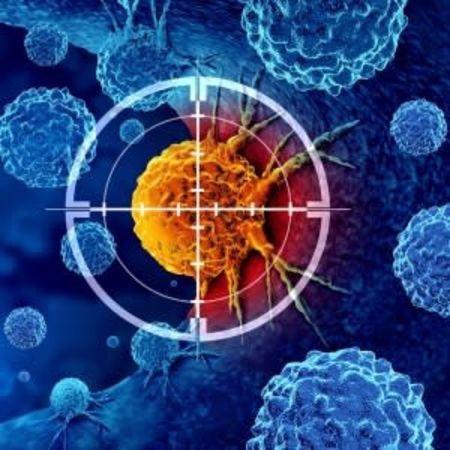Scientists at a leading U.S. hospital have reportedly made significant progress in developing a ground-breaking "cancer-killing pill" that targets solid tumours through "targeted chemotherapy."
The protein was created by a research team at City of Hope, one of the largest cancer research and treatment organisations in the U.S.
Known as AOH1996, this molecule functions by specifically targeting a cancerous variant of PCNA, a protein that in its mutated form is critical to DNA replication and repair, particularly in growing tumours.
The results, published in a study in the journal Cell Chemical Biology, noted that AOH1996 selectively killed cancer cells by "disrupting the normal cell reproductive cycle." This represents a significant step forward in cancer treatment research. This targeted approach to disrupting cancer cell growth while sparing healthy cells is a crucial aspect of developing less toxic cancer therapies.
Linda Malkas, senior author of the new study published in Cell Chemical Biology, said “Data suggests PCNA is uniquely altered in cancer cells, and this fact allowed us to design a drug that targeted only the form of PCNA in cancer cells”.
“Our cancer-killing pill is like a snowstorm that closes a key airline hub, shutting down all flights in and out only in planes carrying cancer cells”.
The results have been very promising for the potential of AOH1996 as a cancer treatment. It has shown effectiveness in suppressing tumor growth as a monotherapy or in combination with other treatments in cell and animal models without causing toxicity.
The development of AOH1996, which targets PCNA as a therapeutic, represents a significant breakthrough in cancer research. PCNA was viewed as ‘undruggable’ but clearly City of Hope was able to develop an investigational medicine for a challenging protein target.
Now that researchers have identified the problem area and a way to inhibit it, it opens up exciting possibilities for further research and development in the field of personalised, targeted cancer medicines.
Source: Independent
Image Credit: iStock
























